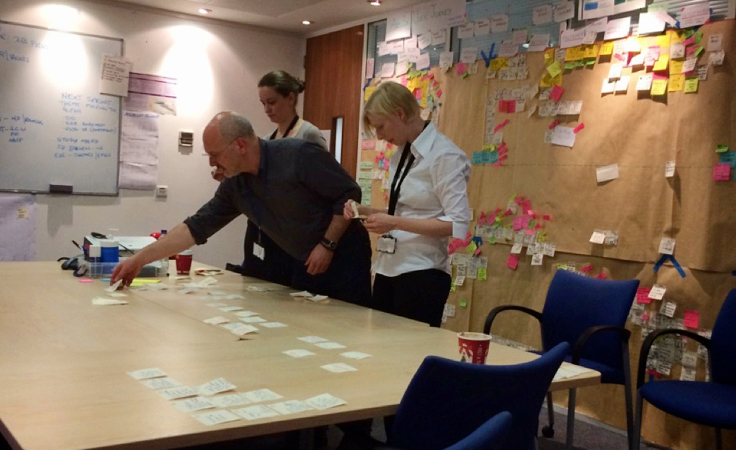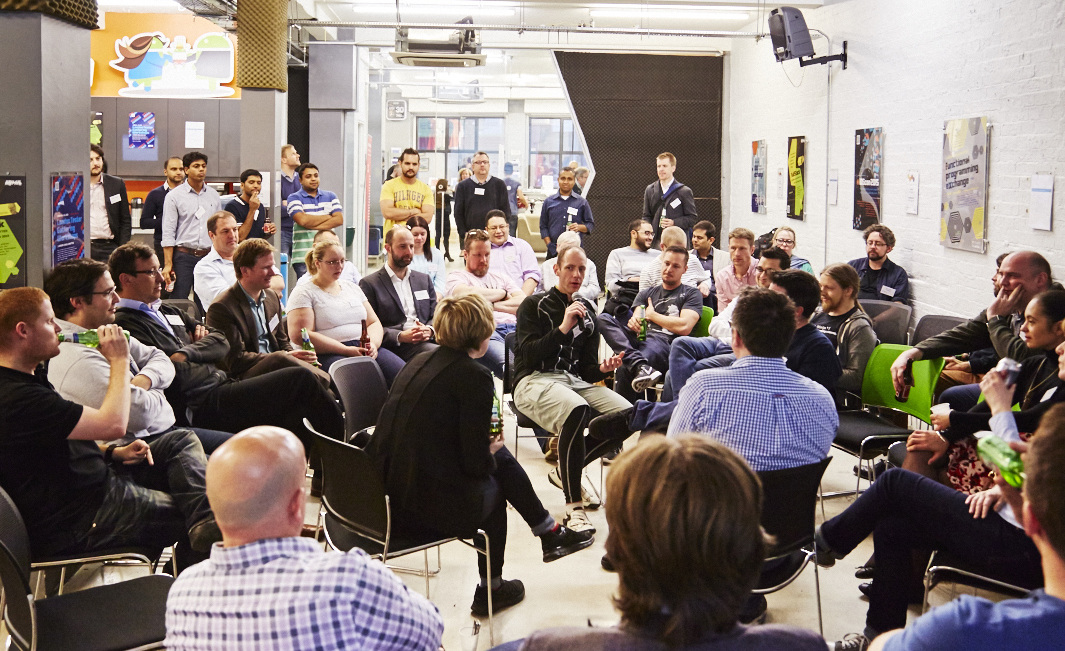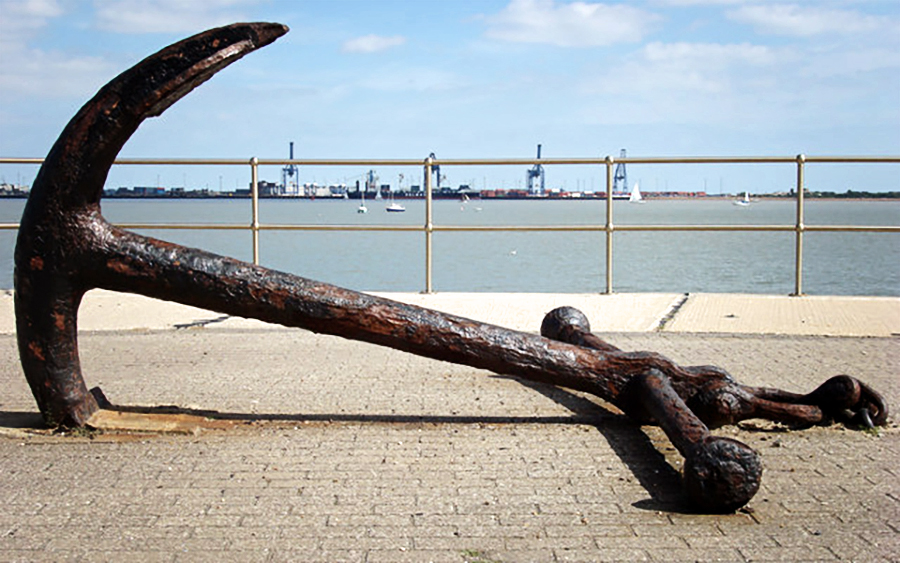There is often a case that technical teams on projects tend to focus purely on ‘technical excellence.’ What do I mean by ‘technical excellence?’ This is where we end up pushing what we believe to be the best way to deliver technical outcomes, or what we believe is the best/right way to do agile.
While there is no inherent problem with surfacing these ideas, practices or methodologies with our clients quickly, honestly and with passion – but doing so blindly can be a problem.
As developers, we often focus on this ‘technical excellence’ for many reasons, among them being that we know them, we have used them and have gotten positive results. This creates a kind of comfort for us, especially when the customer’s project does not follow these practices and methodologies the way we are used to. Trying to introduce or change these to suit what we know helps to create something familiar.
What we should not forget though are our values – and more importantly that we are Equal Experts consultants which means we should be doing more than just writing code, and more than just pushing for what we believe is the best. Instead, we should be trying to understand and empathise at all times with what our customer has and is trying to achieve. By empathising with our customer’s history we can get a deeper understanding of how they have gotten to the current state. By doing this we start to foster empathy for what they are doing, which then allows us to better walk the future road together. Empathy is a massive part of how we build relationships with our customers. Building relationships comes with understanding, and in a lot of cases accepting, some of the shortcomings that they may have at a technical level.
By building these relationships it gives us the opportunity to gain the trust of our customers – which is an absolute must for us – as it is the way we want to influence and guide an engagement to benefit both parties, and specifically them. The crazy thing is that in reality this is the hardest part of an engagement. In most cases, even if there are technical challenges, we have known and proven strategies and experience to be able to solve these. Relationship building, on the other hand, is far more complex and what works with one customer may not work with another, and this is simply down to the fact that relationship building requires a lot of human interaction. We know humans come in all sorts of flavours personality-wise, and require different ways of engagement. So do organisations. They have a culture and a personality all of their own.
This is when what I like to call the “Equal Experts difference” starts to shine. Our values are key to helping us navigate the difficulty that comes with relationship building. They do that by understanding that our major values are empathy, humility, pragmatism and respect. Each of those is paramount to building relationships, and in many ways can cross the borders of personality with ease because they speak to the core morals of any person or organisation.
Relationship building becomes easier when we engage our customers from the perspective of our values, and so subsequently are able to more effectively deliver on the technical aspects of the engagement. It is at this junction that we must also remember that we are not just talking about building commercial relationships, but also relationships between our consultants, the teams, stakeholders and customers. Applying our values in those engagements also yields positive results. Not everything is about the big relationship, it’s about being consistent with how we apply our values. When both of these are being achieved, we start to build reputation and trust and that results in us being able to influence the partner’s behaviour and choices – a difficult and challenging position to be in, but one in which we ultimately can add the most value.
In conclusion, it’s easy to forget that relationship building is a huge part of what we need to do, as we can often get hyper-focused on the technical aspects of an engagement and forget to tend to the human aspects of it. If I had to take it back to a Simon Sinek-esque way of looking at it:
- The What – Build a relationship that allows us to influence and guide our customers.
- The How – By using our expertise, in a pragmatic and empathetic way that delivers and demonstrates our technical expertise.
- The Why – To gain the trust of our customers so they see us as partners.
Ultimately our type of organisation rises and falls on our ability to become trusted partners with our customers and their teams, and we should never lose sight of this.




